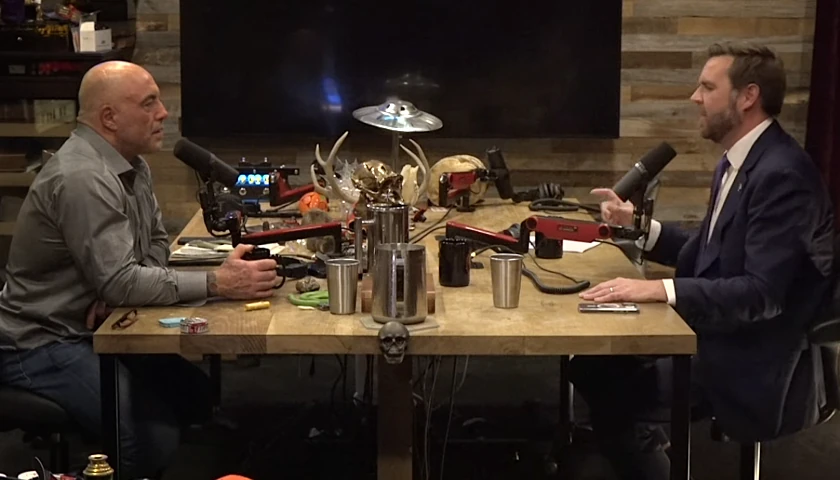The City of Tempe is set to consider an ordinance that would require contractors to pay their employees a prevailing wage. In response, the Arizona-based Goldwater Institute (GI) sent the City a letter asking it to reconsider.
“It’s important that Tempe taxpayers be aware of burdensome mandates that will hurt not only businesses and employees, but all taxpayers. Concerned taxpayers can reach out to their councilmember to urge them not to adopt this mandate,” said GI Staff Attorney John Thorpe in a statement emailed to The Arizona Sun Times.
The policy in question is Ordinance No. 02023.21. If the ordinance passes, it will force construction, maintenance, and other infrastructure-related companies that contract with the City to pay their employees a prevailing wage if the project costs over $250,000. This means that the salary rate and benefits paid to these employees must match or exceed the wages received by other employees doing similar work in the area, as determined by the Davis-Bacon Act. Additionally, the contractors must post the calculated prevailing wage on the project site in a prominent location so workers can see and document their employee payments. If the company does not comply with the mandate, the City can cut ties with it.
As reported by The Arizona Republic, the ordinance is spearheaded by Tempe City Councilmember Randy Keating. He acknowledged that implementing the ordinance could increase Tempe city project costs. Still, he said it is ultimately a “value question” if the City is ok potentially allowing contracted employees to be underpaid for their work.
However, Thorpe said that the negatives of this plan would ultimately hurt the City.
“By imposing new burdens on companies that do work for the City, the ordinance would cause businesses and their employees to miss out on opportunities, forcing many smaller businesses out of the market. It would also force Tempe taxpayers to foot the bill for higher project costs, and to wait longer for public projects to get done,” wrote Thorpe.
Thorpe represented the Arizona Builders Alliance and the Associated Minority Contractors of Arizona in his letter, which stated that the ordinance would violate Arizona law. Arizona Revised Statutes (ARS) § 34-321 blatantly says that a political subdivision of the state is not allowed to make any policy requiring a contractor to pay its employees above the prevailing wage.
According to the GI, the ordinance draft was released Friday, and the Tempe City Council will vote on it during the meeting on Thursday, May 4th, which Thorpe argued is too fast of a turnaround.
“We also find it troubling that the City Council is set to consider this proposal, which implicates complex economic issues and impacts many stakeholders, with less than one week’s notice and little chance for input from those most affected,” Thorpe wrote. “For all these reasons, we strongly urge the City not to adopt the proposed ordinance.”
If this situation sounds familiar, that is because the City of Phoenix recently passed a nearly identical ordinance. The GI also spoke out against that policy, and the Phoenix City Council eventually repealed the ordinance.
“It’s concerning that within such a short time span, both the Phoenix and Tempe governments have considered imposing similarly burdensome, illegal mandates on Arizona businesses, their employees, and taxpayers. When will they learn? Mandates like these only serve to hurt, not help. They kill competition and have a detrimental impact on entrepreneurs, employees, residents, and taxpayers alike,” Thorpe wrote to The Sun Times.
According to the Manhattan Institute, these mandates can hurt lower-skilled or younger employees. These employees are often paid lower wages, but if a mandate requires all employees to earn higher salaries, these employees may not be hired at all.
As of writing, the City of Tempe did not have a response to share regarding the letter.
– – –
Neil Jones is a reporter for The Arizona Sun Times and The Star News Network. Follow Neil on Twitter. Email tips to [email protected].
Photo “Hired” by Sebastian Herrmann.








